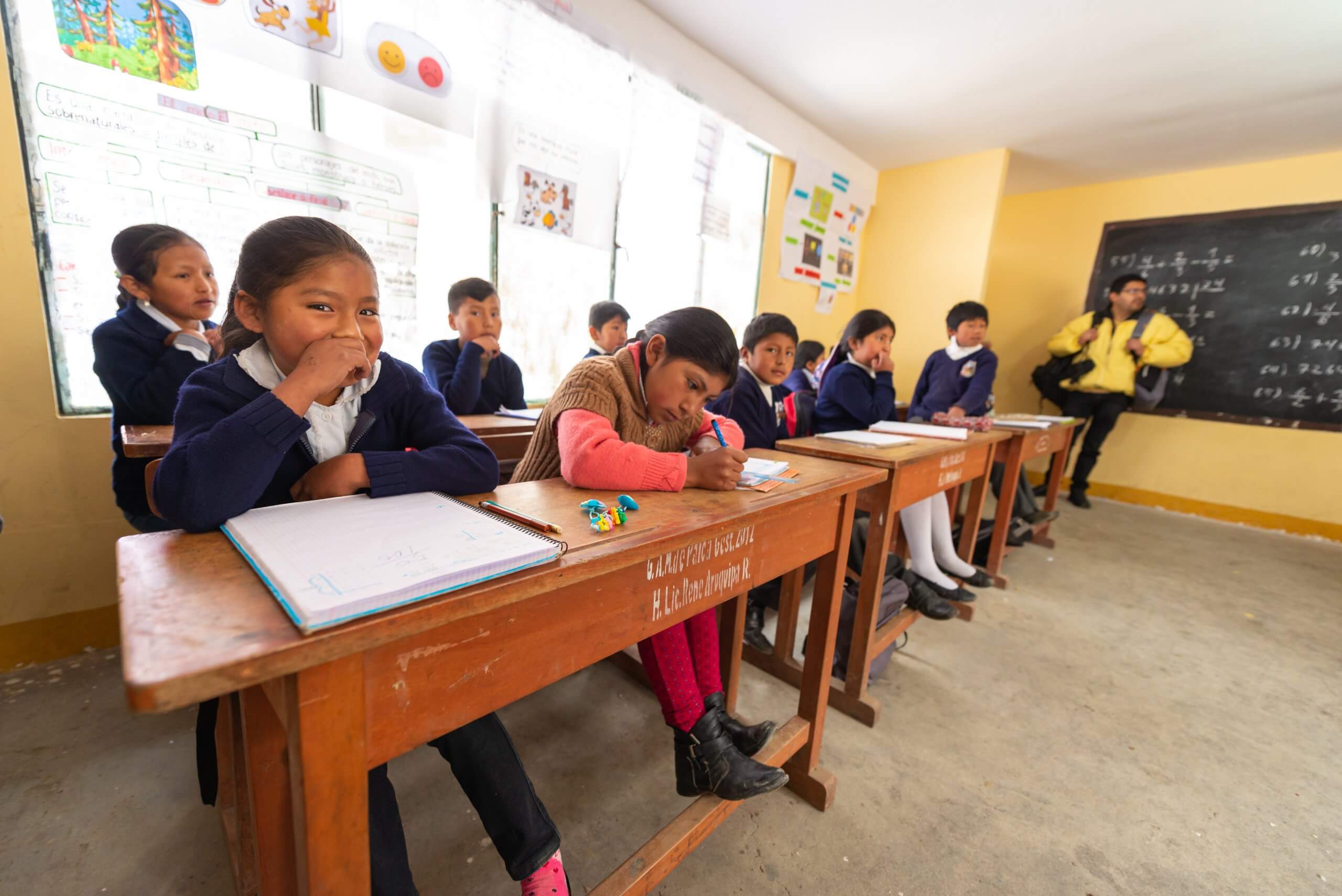The action and its aims
La Paz introduced changes to its school breakfasts programme to ensure the 140,000 children who attend the city’s 400 schools all receive healthy foods, such as fruit, milk with no added sugar, wholegrains, and traditional Andean foods like quinoa and amaranth.
When it was introduced
The changes were introduced in 2000.
Why it was needed
They were needed because although school breakfasts are a requirement under the Bolivian constitution, the foods provided tended to be nutritionally poor and high in sugar. A typical breakfast consisted of chocolate, wafers and flavoured milk.
Who initiated it, who is involved
The school breakfasts programme in La Paz is run by the local government Secretariat for Human Development, which works with local food companies to develop healthy foods using Andean ingredients.
Impacts to date
In its first eight years the school breakfast regime contributed to a 30% reduction in anaemia among school children in La Paz. It inspired a new national law that came into effect in late 2014, under which schools must replace transgenic and packaged foods with native and regional foods. The changes also benefit local farmers by providing them with a secure market.
More information: A similar action has been implemented in Milan (Italy), where the city-owned public sector caterer Milano Ristorazione has cooperated with farm consortium Distretto Agricolo Milanese (DAM) to procure produce from 20 local horticultural supply chains, including rice. The aim is to spread a culture of environmental sustainability and nutrition, and to improve quality and traceability of school food.

